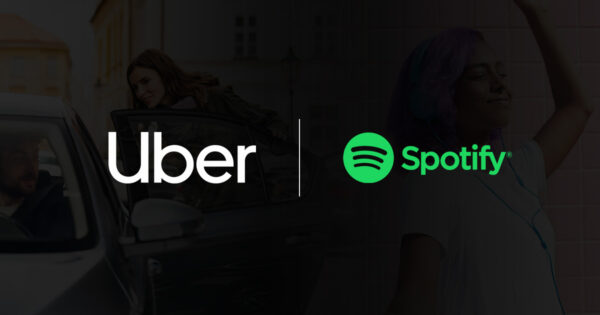
Introducing the Adweek Podcast Network. Access infinite inspiration in your pocket on everything from career advice and creativity to metaverse marketing and more. Browse all podcasts.
Car hire app Uber and audio platform Spotify have more evidence that people, especially younger generations, are gravitating toward longer-form content.
“People are spending two and a half hours a day on Spotify’s platform,” Grace Kao, global head of business marketing at Spotify, said on stage at Adweek’s NexTech event this week. “It’s a great opportunity for marketers to tell a brand story in longer formats across the day.”
And bucking public opinion, younger people “don’t have short attention spans,” she added. “They are curious, and they like deeper engagement. You can extend the moments.”
Two recent reports by Spotify—Culture Next, which focuses on younger generations, and the 2023 Podcast Trends Report—revealed insights into how people are listening across the day. Podcasts are popular in the morning, while getting ready for work or school, as well as after 9 p.m. when people watch video podcasts to wind down.
As such, marketers should think not just about the ad content, but the environment. Kao claims that when people go to Spotify to listen to music and podcasts, “they feel good, which increases effectiveness as well as cost efficiency.”
The environment of the car ride is a “lean back” experience and suited to driving awareness, said Mark Grether, vp and general manager of Uber Advertising, adding that the average Uber ride lasts 20 minutes.
Uber differentiates as a platform by combining data from food delivery platform Uber Eats—where it has 450,000 advertisers globally—with Uber’s car riders, he said. Uber’s platform sees 137 million monthly users, according to Grether.
“When you are between two tasks, you are open to new content, new information, you’re receptive,” said Grether. “What’s unique in our case is that we give that single trip over to a single advertiser. We know [the passenger is] on their way to the movies, to work, to the airport, we know what they are eating through Uber Eats, so we can tailor that content.”
The car as the next living room
Younger people are not driving as much as their older peers, and are using car hires apps like Uber more.
Uber estimates that people spend about eight hours a week in the car, mostly driving themselves. In the future, that car will likely be self-driving, or a car hire service like Uber, and people will still have that eight hours a week to be shown content and ads.
“The car in the future will become the next living room, and screens in the cars will become the next TV screens,” said Grether. “That will be a really powerful medium in the future, more than today, more than we anticipate it will be.”
Beyond the siloed thinking of audio or video campaigns that some marketers can be guilty of, early examples of marketers using both Uber’s mobility and food delivery platforms indicate a more holistic approach to campaigns.

